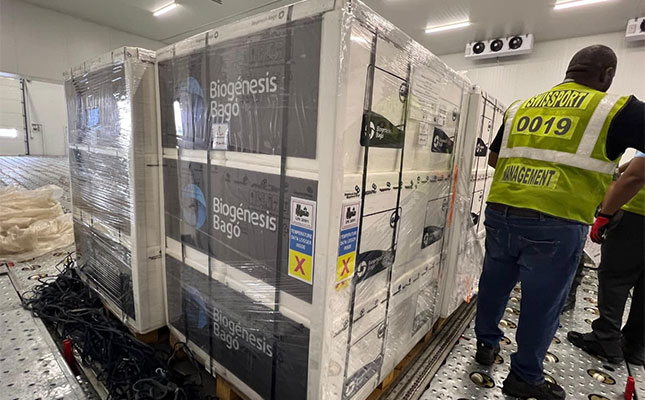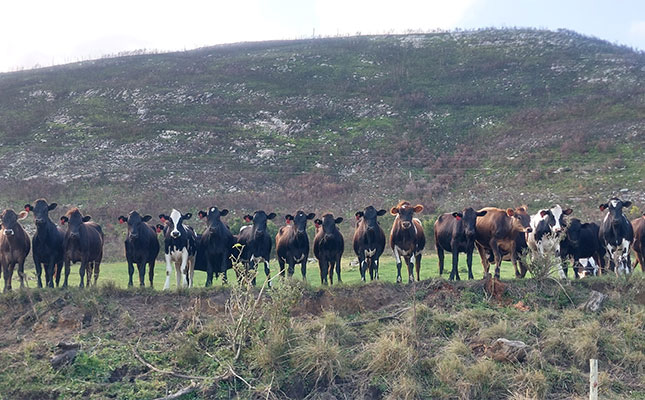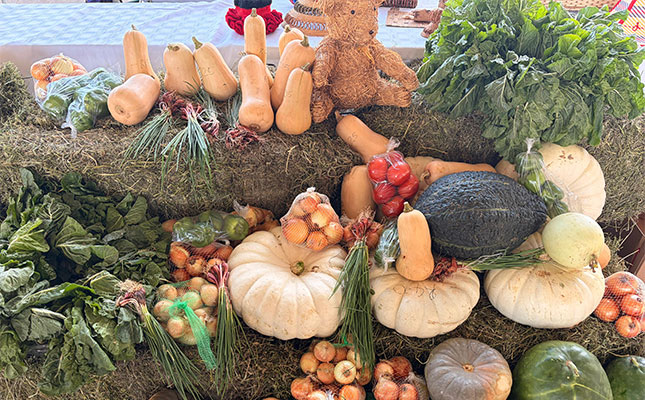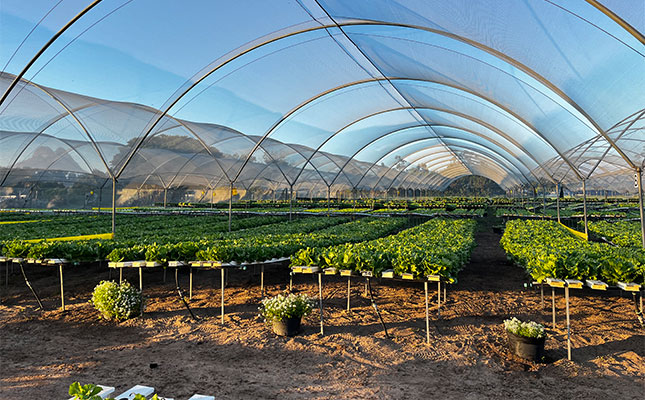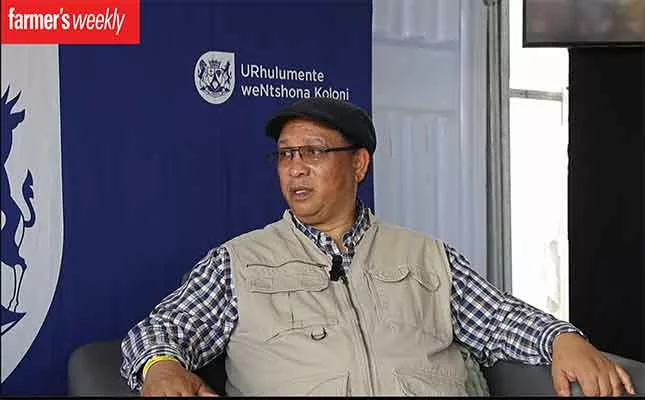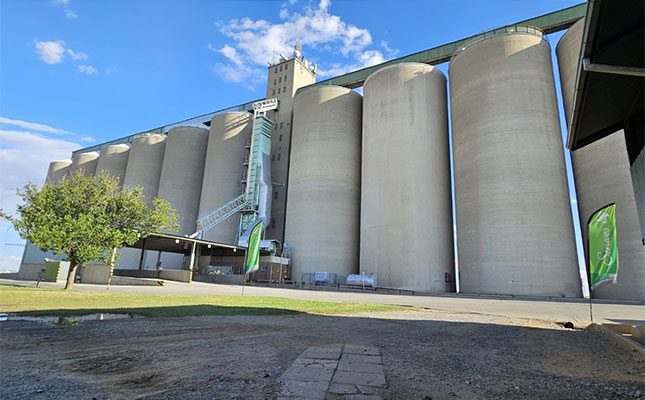
Despite a 24,6% decline in profit from the previous year, the group still posted its third-best financial performance to date, achieving profit after tax attributable to shareholders of R645 million.
Normalised headline earnings per share stood at 399,1c, compared to 484,3c in 2024.
These results were achieved against the backdrop of a turbulent local and international agricultural landscape, Senwes said in a statement.
In South Africa, volatile weather patterns and high operating costs weighed heavily on producers, while globally, economic stagnation in Germany, a constrained second-hand machinery market, and muted demand continued to exert pressure, particularly on Senwes’s Germany subsidiary.
However, Senwes’s acting group chief financial officer, Wayne Edwards, said the company was actively working to address these challenges.
“While it’s still early days, we believe Senwes has laid a strong foundation for future growth in the region [Germany],” he said.
The group’s total revenue decreased by 5,3% to R13,899 billion. Operating profit before tax declined to R863 million, reflecting the impact of sector headwinds.
However, Senwes managed to maintain a healthy financial position, with a 14,4% return on opening equity, free cash flow of R1,653 billion, an own capital ratio of 43,8%, and a debt-to-equity ratio of 70,7%.
The Market Access and Input Supply segments were key contributors to the group’s performance. In the Market Access division, the late-season spike in maize prices helped buffer lower grain volumes.
Although Senwes Equipment saw an 18,3% drop in operating profit due to decreased unit sales, the overall impact was softened by improved inventory control at both Senwes Equipment and JD Implemente. These efficiencies led to reduced stock provisions and improved operational outcomes.
Meanwhile, the Retail cluster remained profitable, bolstered by tight inventory and cost discipline, even though it fell short of original performance targets.
The NviroTek Group also reported record results for the year, adding to the group’s diversified sources of income.
Senwes continues to pursue a capital allocation strategy focused on operational reinvestment, targeted acquisitions, debt reduction, and shareholder returns.
This strategic approach was reflected in the declaration of a final dividend of 54c per share, an increase from 50c in 2024.
The group also repurchased R51 million worth of shares during the year, further boosting shareholder value.
Group CEO Debbie Bester reiterated Senwes’s long-term focus and commitment to transformation. “Our strategy remains focused on improving performance across the group, especially in underperforming areas like our German operations. We are implementing comprehensive turnaround plans to return these businesses to profitability and meet their targets soon.
“Going forward, we will strengthen our customer-focused approach, offering tailored solutions that support our clients’ success and drive our own growth. Deal-making will be more strategic and personalised to meet each client’s specific needs,” Bester said.
She also acknowledged the vital role played by stakeholders.
“We want to thank our customers for their continued support and trust. It remains a privilege to serve you. To our employees, your dedication and resilience are the driving force behind our success. We also extend our appreciation to our executive committee and board for their guidance and commitment.”
Looking ahead, the group sees a potential upside from recent late-season rains, which are expected to benefit maize production.
Get trusted farming news from Farmers Weekly in Google Top Stories.
➕ Add Farmers Weekly to Google ✔ Takes 10 seconds · ✔ Remove anytime
